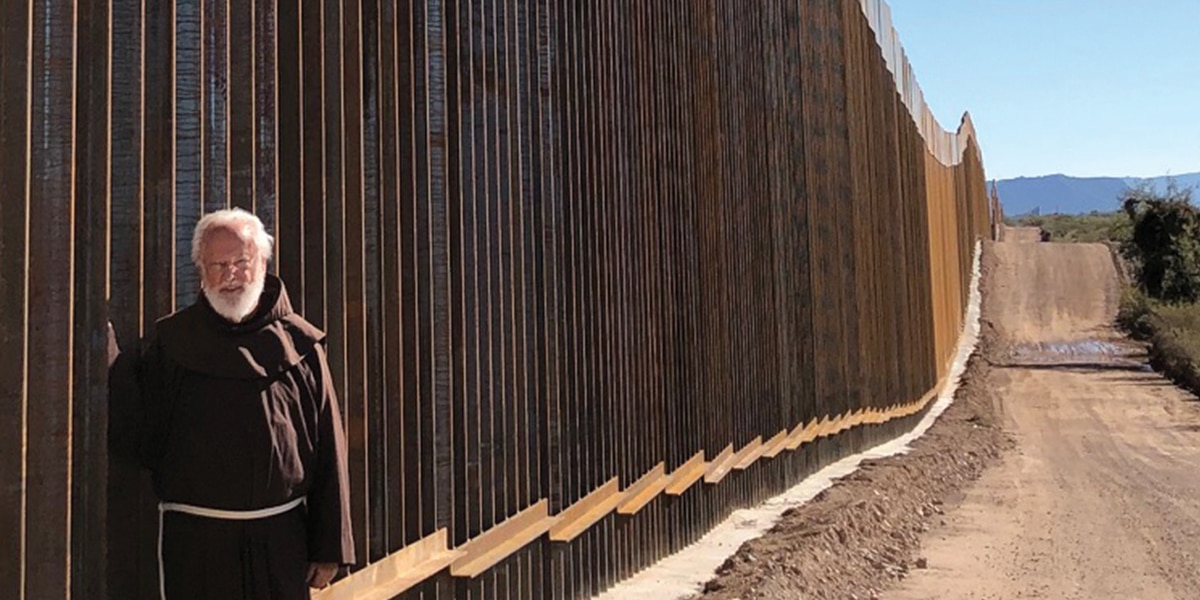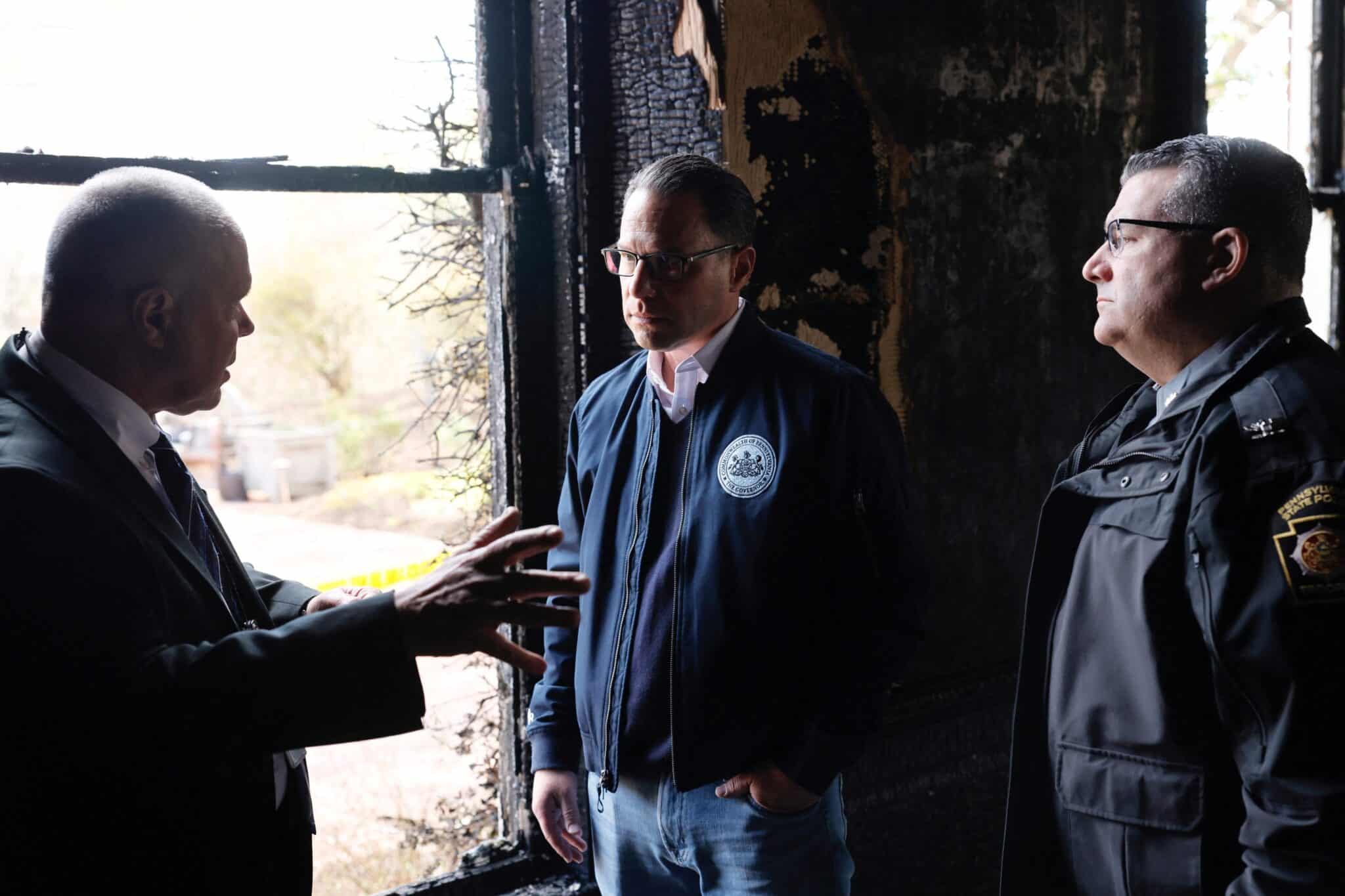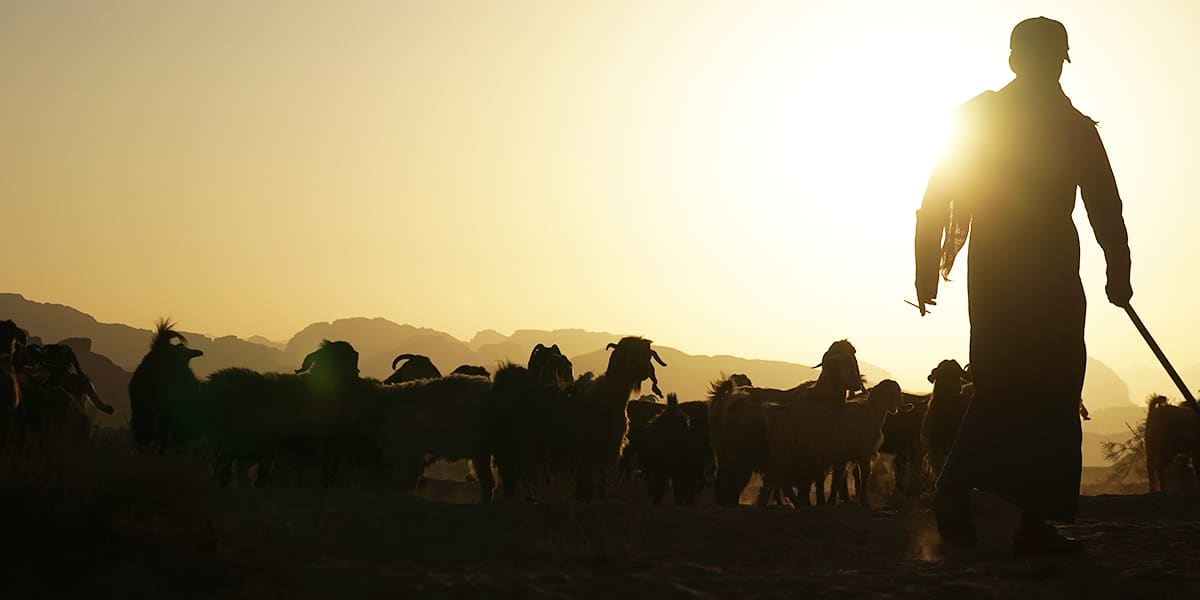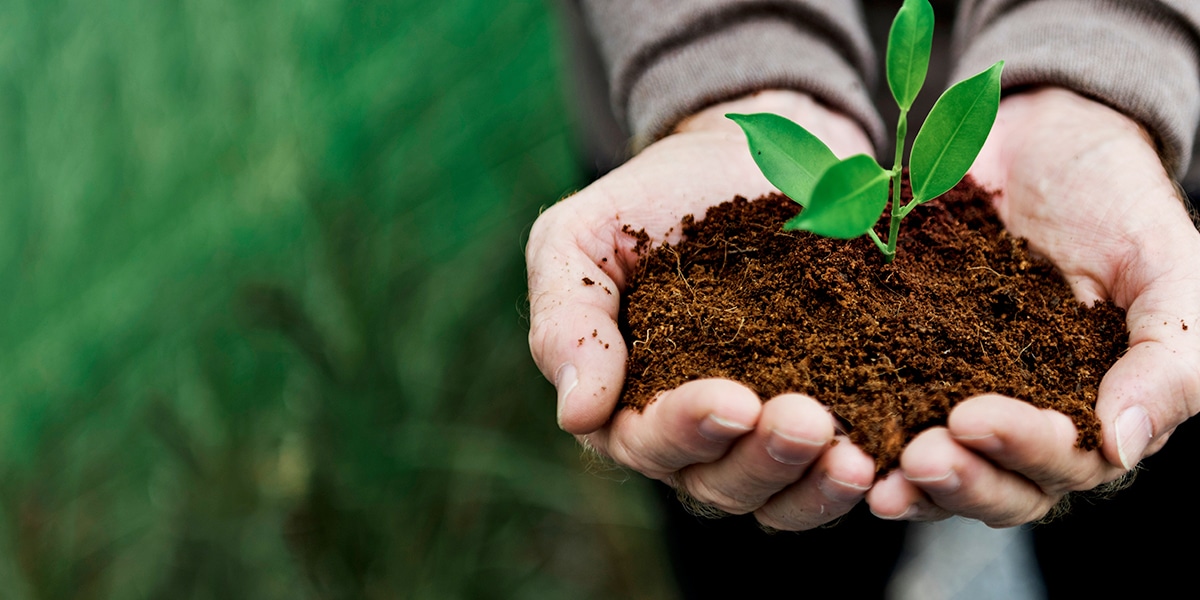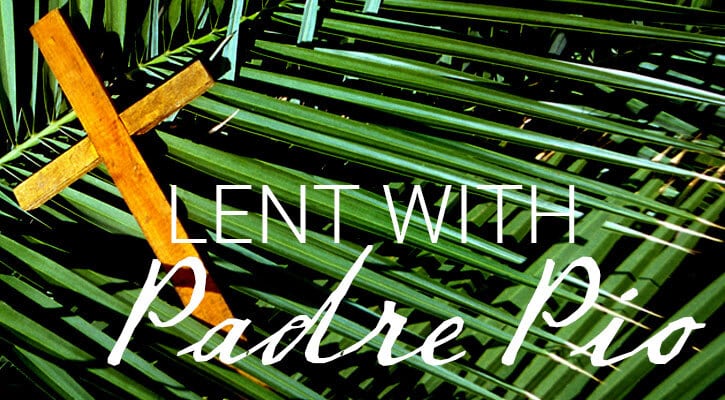Father Emmet Murphy, OFM, was supposed to be at the US-Mexican border for three weeks. He ended up staying for over a year.
Father Emmet felt compelled to serve on the border after attending a discussion in 2019 at a large meeting of Franciscan friars held in Denver, Colorado. He did not know Spanish. He had just retired two years before. He was approaching his 87th birthday. But the Spirit, he said, moved him to approach the leader of the discussion, Brother David Buer, OFM, and say, “I would like to join you.”
For followers of Christ, the work never ends. The inner stirring never stops. The plan was for Father Emmet to spend a few weeks in Arizona to “get to know the lay of the land,” but when he was out West, the COVID-19 pandemic hit. There would be no going back to St. Anthony Friary in northern New Jersey, where Father Emmet called home. Border work became his lifestyle, and Arizona became his home.
For the next year, Father Emmet lived in a contemplative community with Brother David and Brother Hajime Okihara, OFM. Their work involved serving at a homeless men’s shelter in Tucson, as well as going across the border into Mexico and providing hot meals, toiletries, and clothing for homeless, migrant families who are fleeing poverty and violence.
They wore their Franciscan habits as a way to stand out because members of cartels are on the lookout for migrants vulnerable to transporting drugs for money, known as “mules,” and the border patrol is on the lookout for “coyotes”—people who smuggle immigrants across the border.
The situation on the border, Father Emmet says, is as bad as you would expect. The things he witnessed are truly horrific: a young man with bloodied feet from trudging through the desert for 15 days, migrants detained in cinder-block Mexican governmental buildings without access to food and water, and, yes, the separation of families.
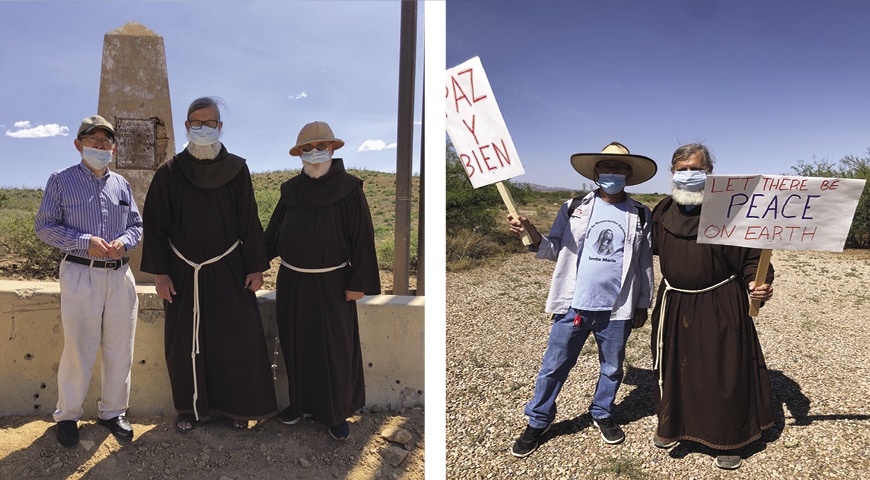
LEFT: In 2020, Father Emmet (right) joined Brothers Hajime Okihara and David Buer in their ministry to immigrants along the border in Arizona. The temperature on the day this photo was taken was a blistering 110 degrees. RIGHT: Brother David participates in a peace march near Elfrida, Arizona, in October 2020.
“The system is so broken that it is almost as if you don’t know where to start with it because it’s such a mess,” he says. “People are so confused. Even the border patrol people are confused. I’ve seen the separation of young children being taken away and placed in ‘special places,’ much to the horror of their mothers and fathers. You can sometimes become very discouraged, but there is always that hope that we can change—that the next administration will help deal with these people in a more humane way.”
Burnout and discouragement are a reality for many on the front lines of border work, but Father Emmet says contemplation and community helped his brothers and him hold on to hope and keep serving. The friars prayed two hours a day and practiced lectio divina together on Sunday. On the border, they were accompanied by two Catholic sisters, Mennonites, Presbyterians, and Quakers, as well as agnostics and atheists passionate about social justice—all gathered around a common cause: to serve their immigrant brothers and sisters.
Father Emmet’s spirit has also been uplifted by the migrants themselves. “Their joy teaches me so much,” he says. “Their resilience and their faith help me to increase my faith and reach out more to people. These are my brothers and sisters, and I have the responsibility to reach out to them. We might never see these people again, but many times, before COVID-19, they would embrace us and tell us they loved us and are grateful for what we did for them. It almost brings you to tears.”
Trying Times
Father Emmet, the cofounder of the St. Francis Inn soup kitchen in Philadelphia, brought to the border his 65 years of experience as a friar, his 45 years of sobriety, and his passion for social justice. He admits that he had never seen the United States in such a dire state—strong words from someone who has lived through tumultuous times in our nation’s history—but he clings to a timeless truth he learned in Alcoholics Anonymous: With God, there is always hope for the future.
He recalls a scene on the border in the spring when the friars were prohibited from crossing into Mexico because of the pandemic lockdown. They gathered with their fellow border workers from all different faith traditions (or no faith at all) on one side of the wall, forming a half circle, and 30 migrant families gathered on the other side of the wall, completing the circle. Whereas they usually provided practical goods for the migrants, now all they could do was encourage them, with the help of translators, and join together in prayer.
The scene reflected a determination to connect and to serve, despite the barrier (both physical and symbolic) that divided them.
“We read about the ‘land of the free and home of the brave,’ but is it?” Father Emmet reflects. “We read that ‘all men are created equal,’ but are they? Yes, of course, we’re all created equal, but not everybody is treated equally. With the racial strife, the immigration issue in this country—we have to get back to our values as human beings, whether you have a religious bent or not. We are all on this planet and need to reach out to one another. Let’s learn from the mistakes of our past. Let’s make this a better future. It’s a monumental job. How are we going to get there?”

